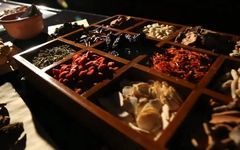Medicinal pastes, which flourished during the Han and Tang dynasties, originated from the imperial court. Also known as gāo jì (膏剂), gāo zī (膏滋), they are precious traditional Chinese medicine preparations that integrate nourishment, prevention, regulation, and disease elimination. Ancient medical texts, including the Huangdi Neijing (黄帝内经) and Jinkui Yaolue (金匮要略), document their use. Due to the expensive ingredients and complex preparation, medicinal pastes are often referred to as “a bowl of paste worth ten taels of gold.”

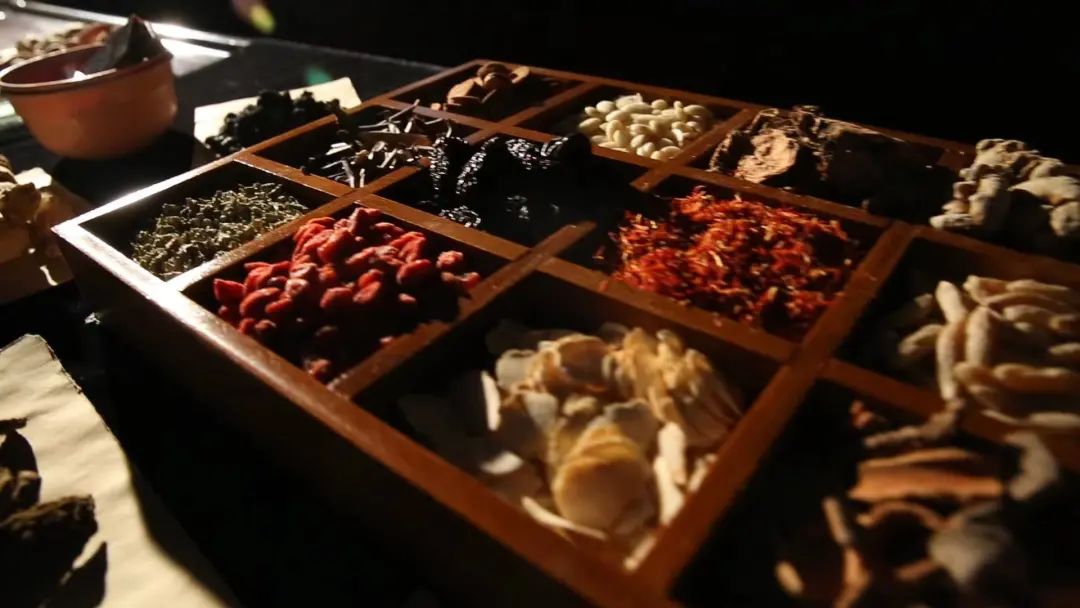



Medicinal pastes are formulated based on individual constitutions and clinical presentations. After the herbs are concentrated and decocted, they are mixed with certain excipients (such as honey and Ejiao (阿胶)) to create a thick semi-liquid or gel-like preparation, which is more suitable for long-term consumption compared to decoctions. Moreover, unlike decoctions that act quickly, medicinal pastes provide a gradual tonification of the body, adhering to the principle that “haste makes waste” for recovering weak bodies. The addition of honey not only enhances the taste but also provides excellent moisturizing effects; furthermore, compared to pills, the ingredients of medicinal pastes can be varied to better suit individual constitutions and conditions.

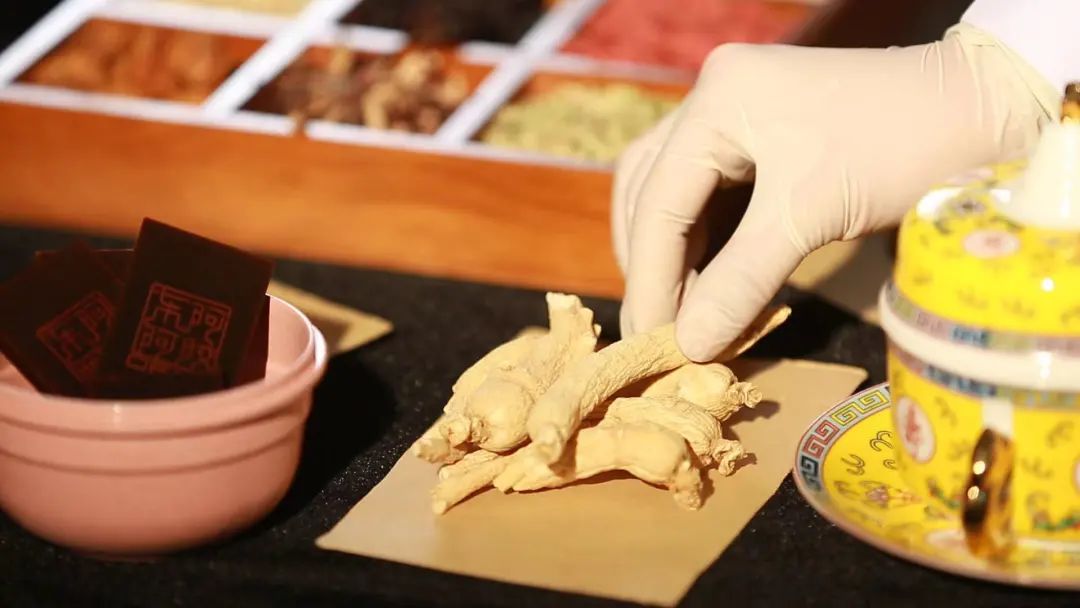

The team of TCM experts from the Qinghai Maternal and Child Health Hospital, inheriting the teachings of the Lingnan Luo School of Gynecology, has tailored various medicinal pastes for women and children to prevent and treat diseases, considering the cold climate characteristics and different constitutions of the Qinghai Plateau population. These include Yiqi Yangxue Anshen Gao (益气养血安神膏), LeYun Gao (乐孕膏), Yangyan Meirong Gao (养颜·美容膏), Fuzheng Fanggan Gao (扶正防感膏), Anshen Kaiwei Gao (安神开胃膏), and Yangxue Tiaojing Gao (养血调经膏), which have gained a good reputation among women and children in our province due to their significant efficacy.
Recently, some patients have inquired about what to do if mold occurs during the storage and use of medicinal pastes. Below is an explanation of the precautions during the use of medicinal pastes.
Common issues during the storage of medicinal pastes.

1. Appearance of the medicinal paste
Under normal circumstances, the medicinal paste should be fine, black, shiny, and have a fragrant herbal aroma. The paste should be thick and semi-solid, with a “black color like lacquer, bright like a mirror” appearance, and should not have sugar crystals precipitating, burnt odors, or foreign substances like charred residues or herbal dregs.

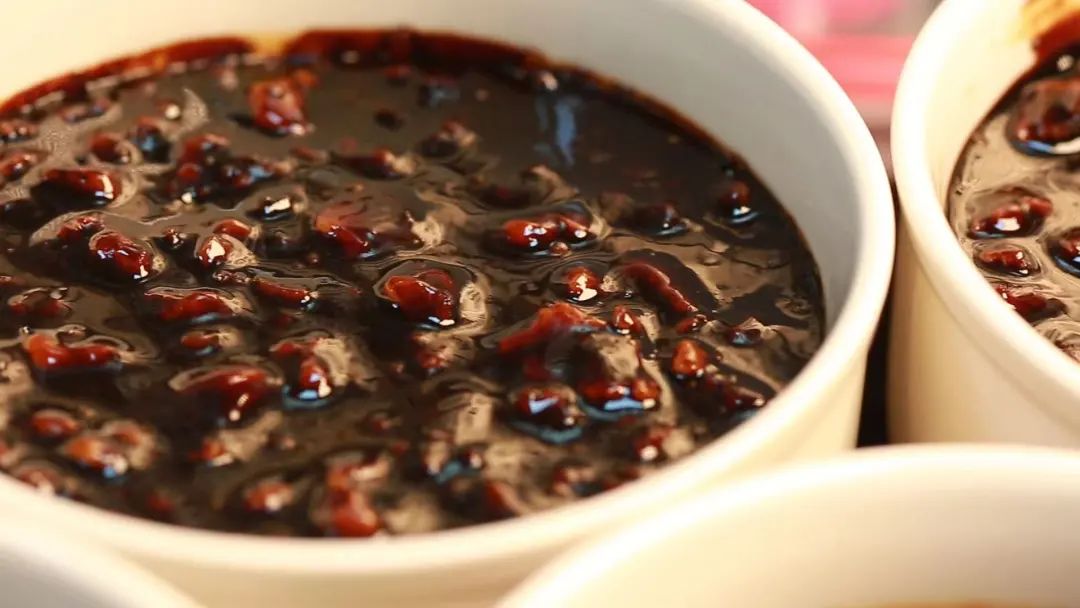


2. Selection of storage containers
Medicinal pastes are often stored in large-mouth containers made of ceramic, glass, or stainless steel for easy daily access.

3. Prevention of mold and handling of mold issues
If the medicinal paste becomes damp, contaminated with moisture, or improperly stored during placement and consumption, it is prone to mold. Therefore, when using the medicinal paste, the spoon used to scoop it should be clean, dry, and disinfected, and should not introduce moisture. After the first scoop, the spoon should remain in the container and not be removed again. Alternatively, one can scoop out a 3-5 day supply into a small container to avoid repeated contamination from multiple uses. It is recommended to store the paste in a sealed container in a refrigerator at a temperature of 2℃-8℃.
If the surface of the paste shows signs of mold due to improper storage or use, one should stop using it.

4. Granule phenomenon
The so-called granule phenomenon refers to the “sand return” phenomenon that occurs during the storage of medicinal pastes, which is caused by the separation of sugar and herbs leading to sugar crystallization. This is not spoilage and can be consumed with confidence.

5. Paste becoming too old or hard
When the medicinal paste solidifies into a block and becomes as hard as stone, it can be difficult to scoop. This phenomenon is often seen in meat-based pastes, primarily due to excessive use of gelatinous herbs or insufficient moisture during the preparation. In such cases, one can use a heated and dry spoon to scoop it. If the winter is warm and humid, the medicinal paste may become too old during preparation, preventing excess moisture and mold.

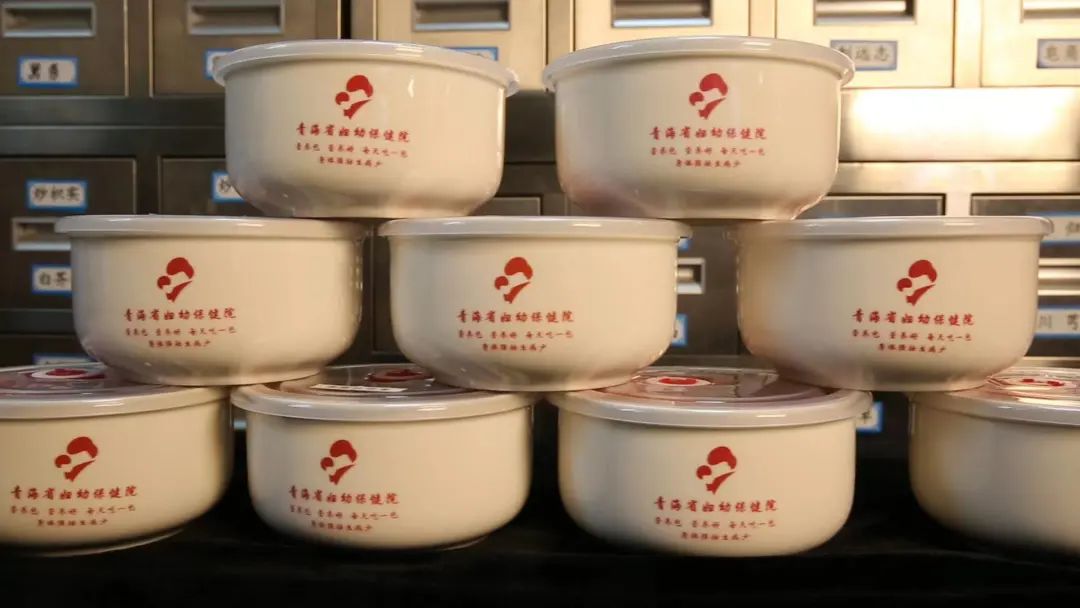

The main medicinal pastes from Qinghai Maternal and Child Health Hospital include:
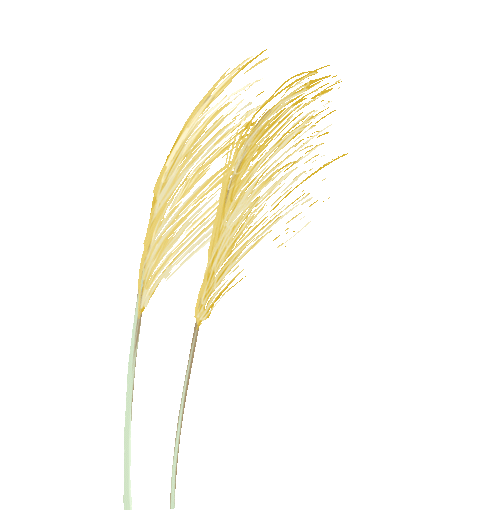
1. Shenhua Fuhuan Gao: Nourishes blood and invigorates circulation, dispels stasis and generates new blood, indicated for postpartum recovery, miscarriage, and uterine restoration after curettage.
2. Postpartum Blood Nourishing and Lactation Promoting Gao: Nourishes blood, invigorates circulation, and promotes lactation, indicated for insufficient milk production postpartum.
3. Yangxue Tiaojing Gao: Tonifies kidney and strengthens spleen, nourishes blood and regulates menstruation, indicated for menstrual irregularities due to spleen and kidney deficiency.
4. Jianpi Yangxue Gao: Strengthens spleen and transforms dampness, invigorates blood and disperses masses, indicated for pelvic surgery recovery and chronic pelvic pain.
5. Sanjie Yangxue Gao: Moves qi and dispels stasis, softens hardness and disperses masses, indicated for fibroids, endometriosis, and postoperative care.
6. Daotan Yangxue Gao: Strengthens spleen, transforms phlegm, opens orifices, and nourishes blood, indicated for menstrual irregularities due to phlegm-dampness.
7. LeYun Gao: Tonifies kidney, soothes liver, strengthens spleen, and nourishes blood, indicated for infertility and preconception care.
8. AnTai Gao: Tonifies kidney and strengthens spleen, stops bleeding and stabilizes pregnancy, indicated for threatened miscarriage.
9. Yiqi Yangxue Anshen Gao: Soothes liver and relieves depression, tonifies qi and nourishes blood, indicated for postpartum depression, menstrual depression, and symptoms before and after menopause.
10. Tianjing Shengfa Gao: Preserves appearance, darkens hair, indicated for hair loss and graying, with longevity effects.
11. Shugan Xiaobi Gao: Soothes liver and relieves depression, transforms phlegm and invigorates blood, indicated for breast pain due to liver qi stagnation and breast hyperplasia.
12. QuShi Shugan Gao: Soothes liver and relieves depression, strengthens spleen and dispels dampness, indicated for hyperlipidemia.
13. Anshen Kaiwei Gao: For children with poor appetite, restless sleep, and irritability.
14. Fuzheng Fanggan Gao: Tonifies qi and stabilizes the exterior, clears heat and benefits the throat, transforms dampness and harmonizes the middle, indicated for those prone to colds due to weak constitution.
15. Runchang Tongbian Gao: Nourishes yin, moistens intestines, and promotes bowel movements, indicated for constipation.
16. Jiegeng Zhike Gao: Indicated for nourishing the lungs, stopping cough, and transforming phlegm.
17. Meirong Yangyan Gao: Invigorates blood, dispels stasis, and beautifies the skin.
18. Postpartum Blood Nourishing and Lactation Promoting Gao: Promotes lactation and regulates channels.
If you have special needs, we can also organize experts to tailor-make for you!
Process for purchasing medicinal pastes:
1. Visit the hospital or register through the official WeChat public platform: Gynecology;
2. TCM gynecologist will diagnose and prescribe the medicinal paste;
3. After payment, collect the medicine at the pharmacy on the first floor.
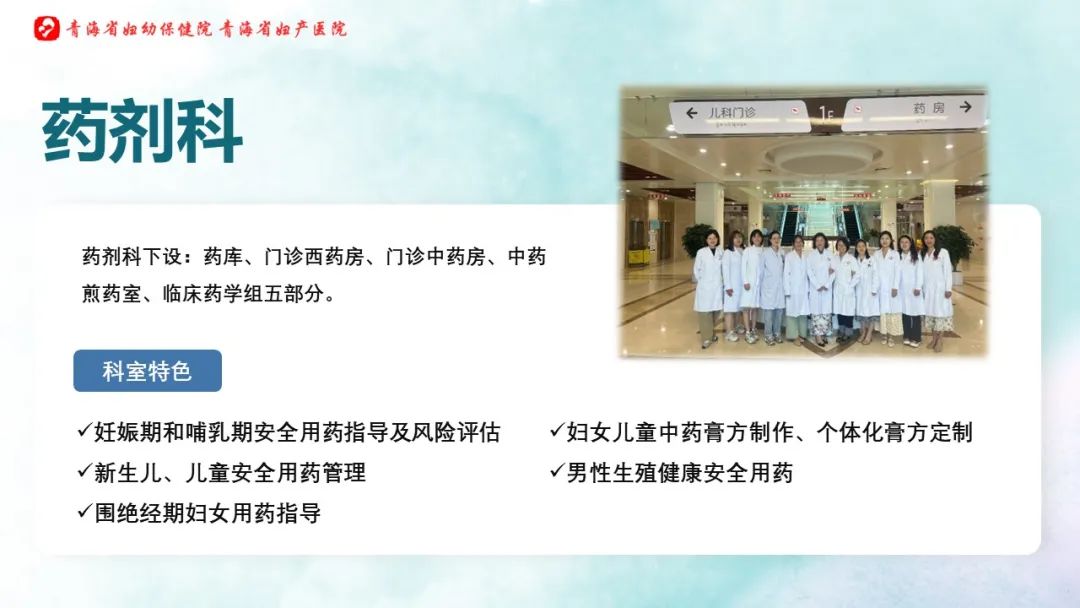
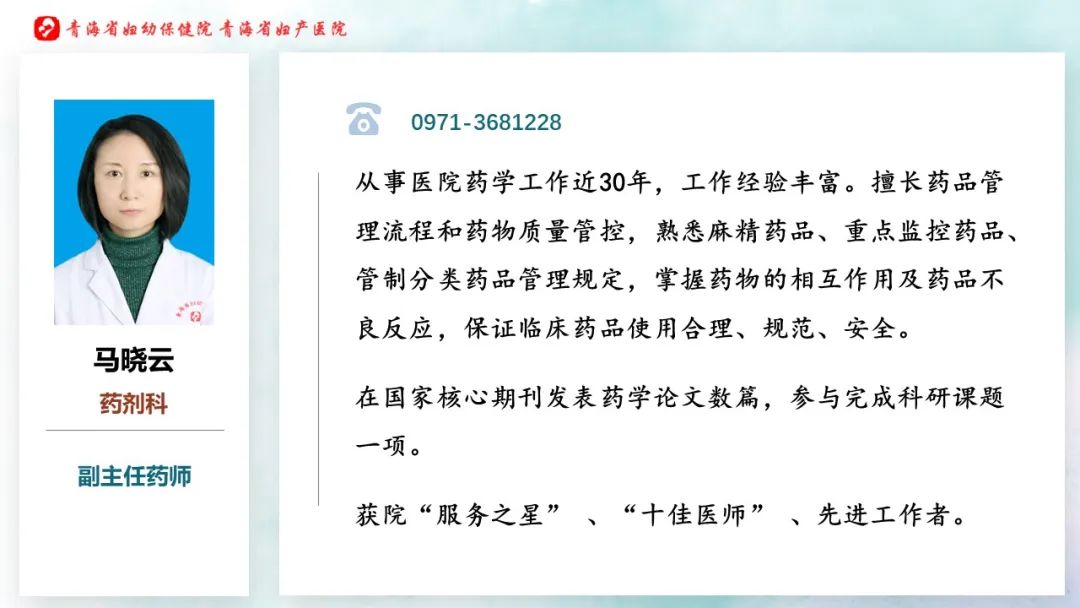
Contributed by: Pharmacy Department
Photography: Pharmacy Department
Reviewed by: Xu Hailong
Typeset by: Zhao Jennie


